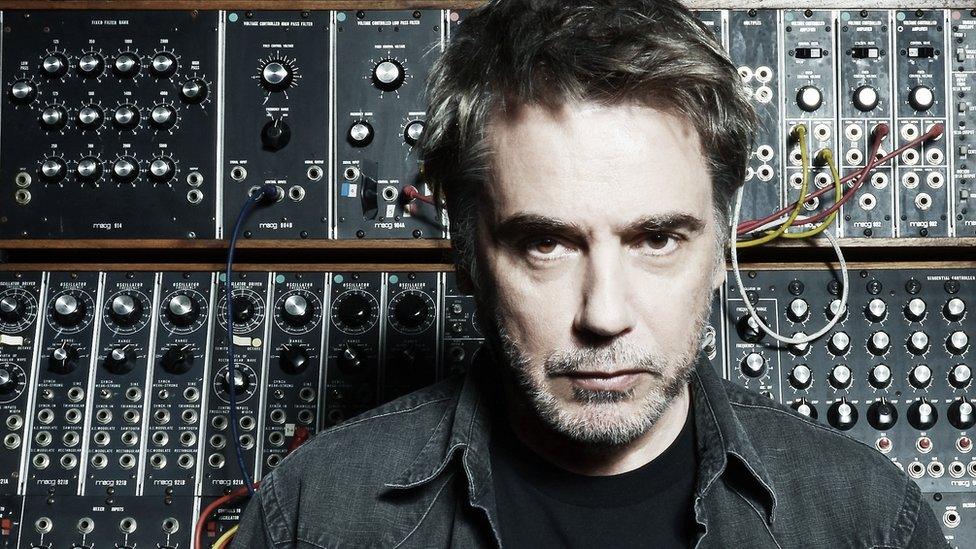Jean-Michel Jarre launches 'infinite album'
- Published
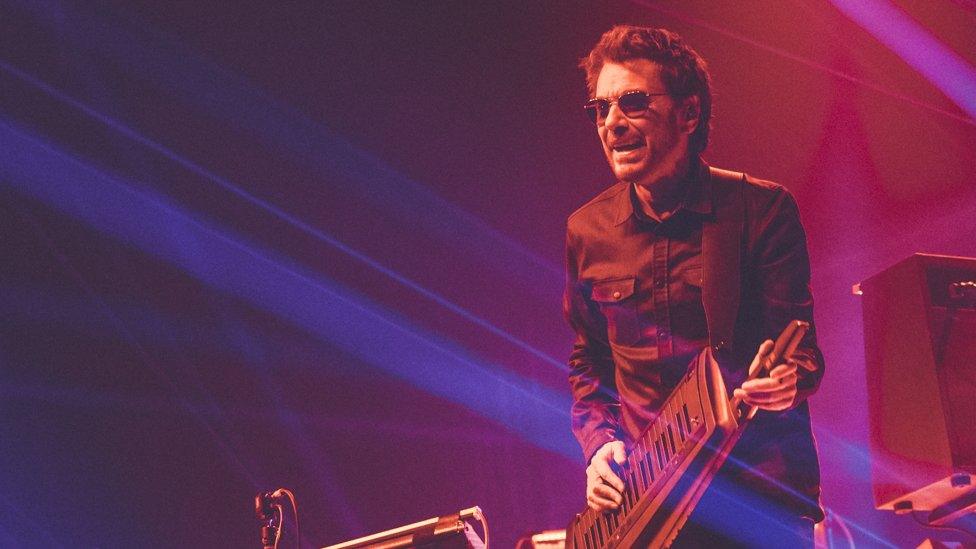
Jarre has been at the forefront of electronic music for five decades
As French composer Jean-Michel Jarre talks about his latest project - an endless piece of music that will live on after his death - his phone emits a deafening blast of punk.
"Uh-oh," he says, reaching down to turn it off. "I'm not entirely in control of these machines."
It's reassuring to learn a man widely regarded as the godfather of electronic music has IT problems like the rest of us. Yet you get the impression he's more capable than most.
Take, for example, his latest project Eon - a specially-programmed iPhone app that produces a dynamic, constantly evolving suite of music.
"It's like an infinite album," he says. "Each time you play the music, it's going to generate something special for you."
The album is built from seven hours of material the prolific musician composed, performed and recorded in his studio.
Every time you fire the app up it re-arranges the chords, beats and melodies in new ways, using a complex set of rules to make sure the music builds, drops and surprises the listener.
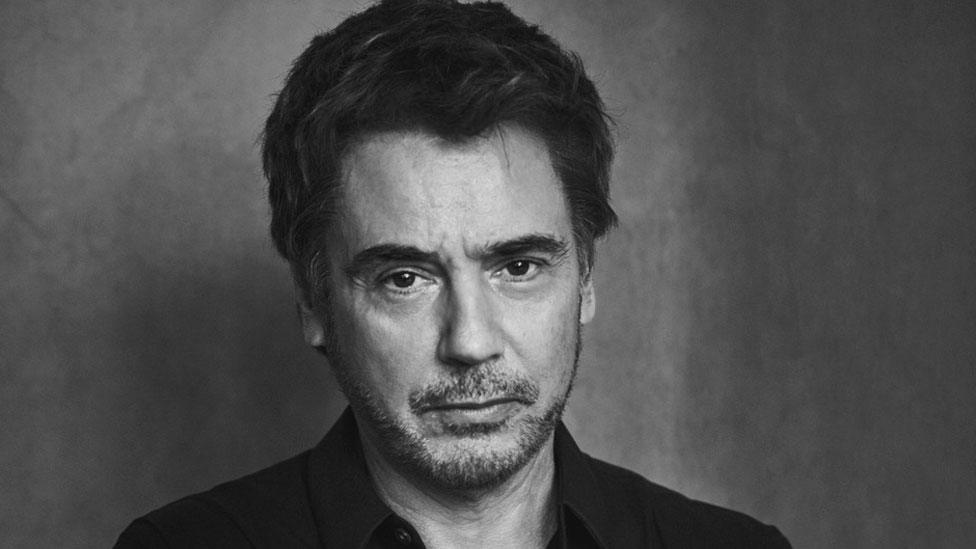
The composer says the app will be "different for each individual"
"I say this in a humble way, but what's interesting about this project is, actually, you are touching eternity," he says.
"Eon will exist after my death. You can plug it into a solar panel and it will play forever, after our lifetime. That's something new."
Jarre, a youthful 70-year-old, is aware he's not the first to delve into "generative" music.
Brian Eno's Bloom app, which was built around a similar concept, is now 11 years old; while the PlayStation video game No Man's Sky has a responsive soundtrack, built from more than 30 hours of samples by Sheffield math-rock band 65daysofstatic.
Where Eon differs, he says, is that it's conceived as an album, with distinct tracks and a rich variety of moods and tempos.
"It's not like other apps generating linear, ambient music," he says. "You might start with a really techno beat, but the next time you open it up, the experience will start with a string arrangement.
"It's still the same music concept, like an album, but it's different for each individual."
'Robots with nostalgia'
At this stage of his career, with more than 80 million albums sold and an autobiography in the works, Jarre could be forgiven for looking back instead of forward.
Yet he's been obsessed with technology since he put together his 1976 album Oxygène in his kitchen, using an eight-track tape machine and a bank of temperamental analogue synthesisers.
"When Oxygène was released, it was the same time as the Sex Pistols released their first album with the motto 'No future'," he recalls.
"I was more into the question, 'What is the future?' And today, I have the same feeling."
Jarre is particularly intrigued by the developments in artificial intelligence and is currently working with Sony to write an AI-assisted album, using their Flow Machines software.
"The emergence of AI is a revolution," he enthuses. "For the first time, we're combining the creative process itself with a machine.
"In 10 or 15 years, robots will have a sense of nostalgia and will be able to cry. I think that's quite cool, quite exciting. It will mean a new approach to the creative process entirely."
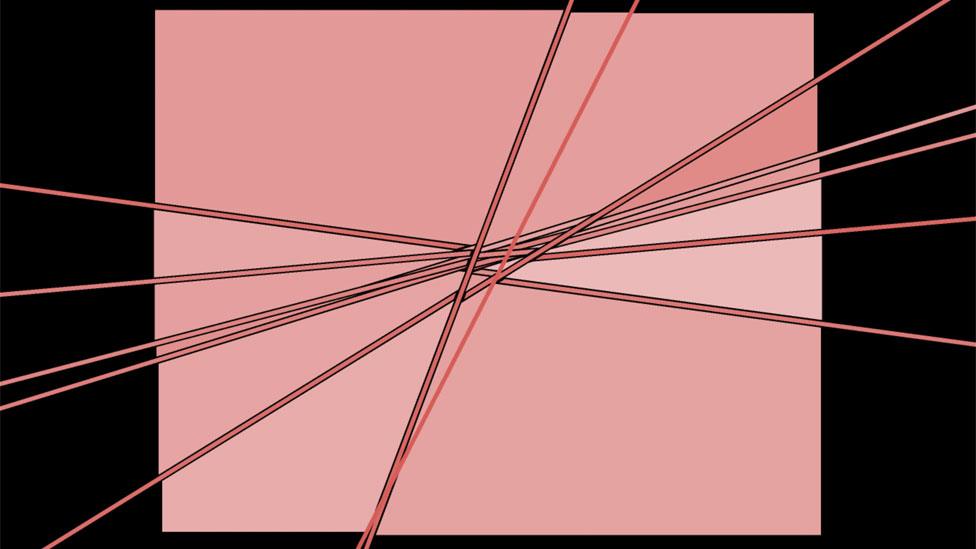
The music is accompanied by "organic" visuals designed by Alexis André
The musician dismisses scare stories about AI leading to a "Terminator-type future" where humans are subservient to machines, observing: "Technology is neutral. It all depends on how you use it.
"In 10 years, algorithms will be able to create original music, original novels, original movies - but I don't think that's signing a death warrant for human creativity.
"Whatever the machines create, humans will be able to hijack the technology."
For example, he wants to use Eon on tour, allowing him to "respond and improvise to what the app gives" him in real time.
"Every night it would be a totally different concert, so the audience always gets something unique," he explains.
Jarre is particularly excited by that idea - stressing the need for one-off experiences in an era when we are encouraged to preserve every moment "in the cloud".
"It's like this conversation we are sharing together, it's not going to happen again," he continues. "That's what I like about this project - to have a moment of music you like, but you will never have it again.
"And for us, as creators, to rethink and to shape a new approach to the creative process entirely is an exciting prospect."

Follow us on Facebook, external, or on Twitter @BBCNewsEnts, external. If you have a story suggestion email entertainment.news@bbc.co.uk, external.
- Published6 November 2019
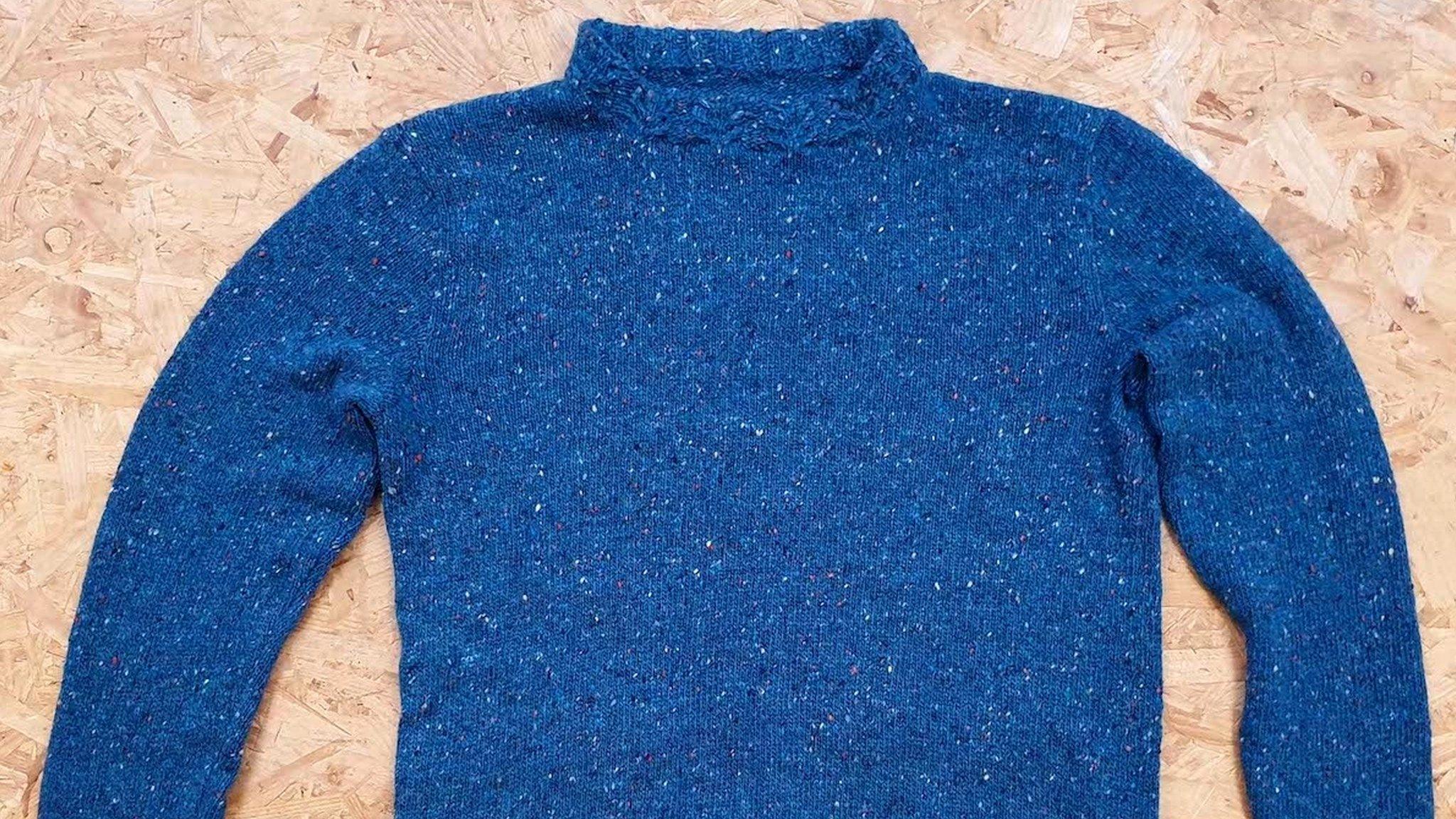
- Published6 November 2019
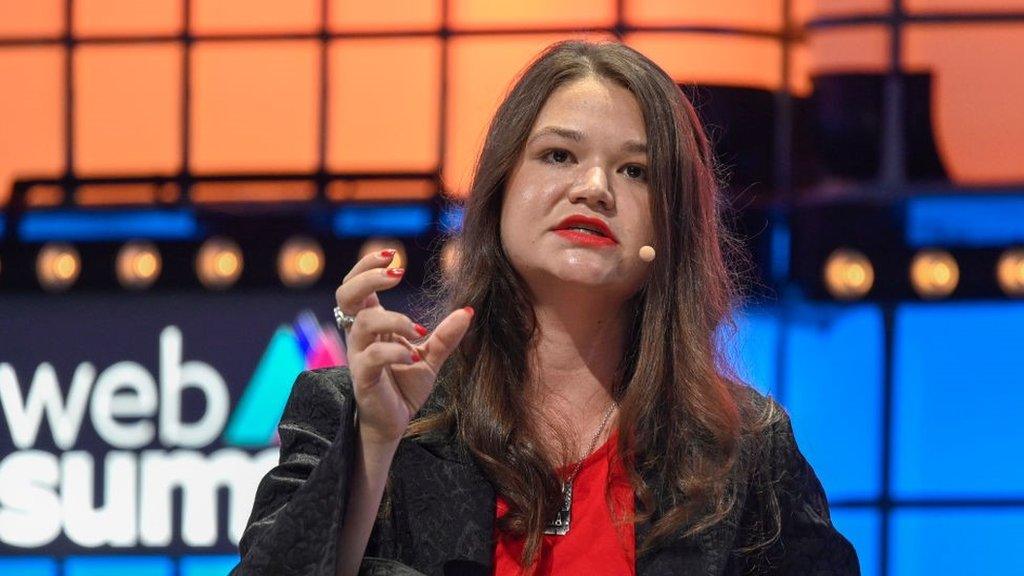
- Published22 July 2016
